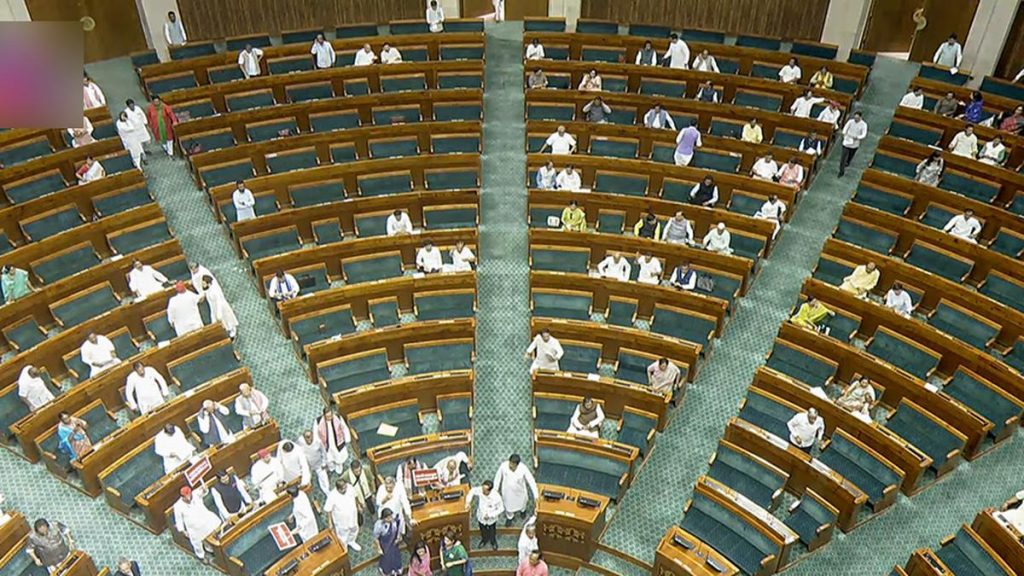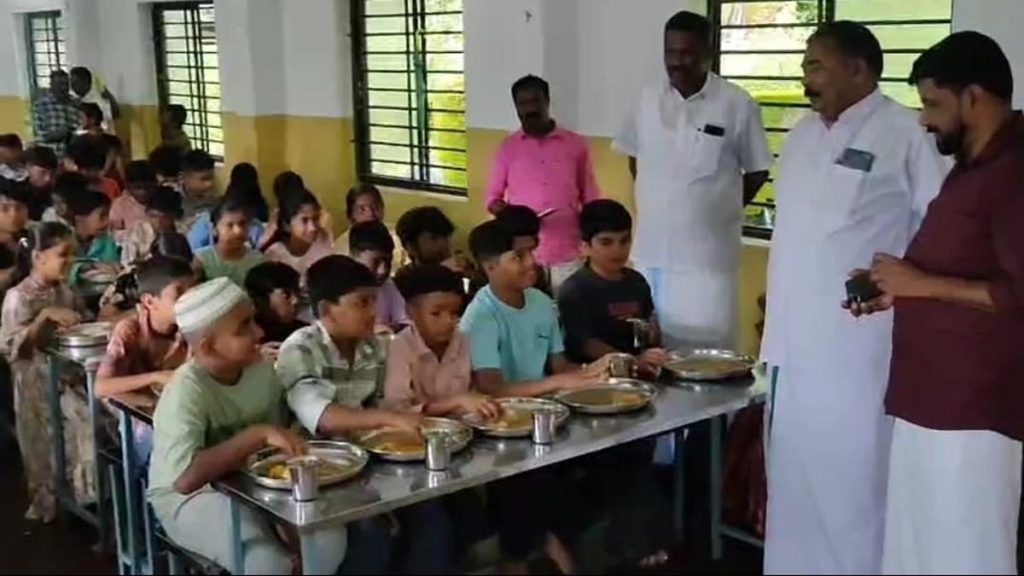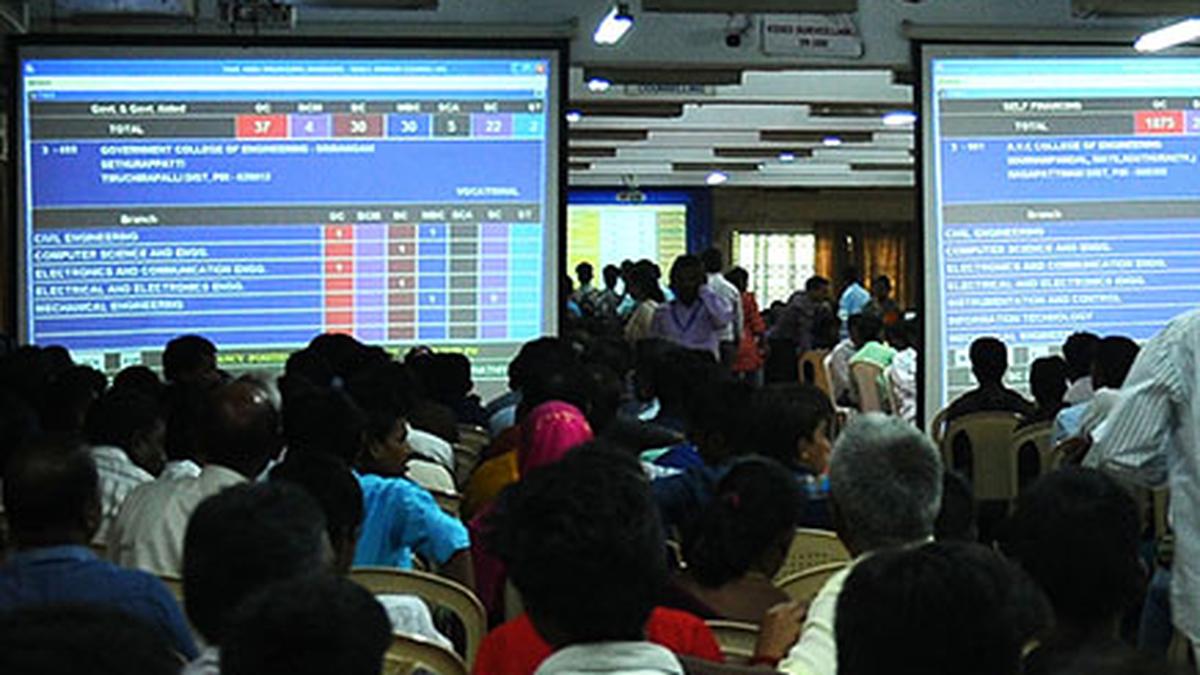Now Reading: CBI Submits Final Report in Sivaganga Custodial Death Case to HC
-
01
CBI Submits Final Report in Sivaganga Custodial Death Case to HC
CBI Submits Final Report in Sivaganga Custodial Death Case to HC

Rapid Summary
- The Central Bureau of Inquiry (CBI) informed the Madurai Bench of the Madras High Court that the final report (chargesheet) in the custodial death case of temple security guard B. Ajith Kumar in Sivaganga has been filed before the Chief Judicial Magistrate in Madurai.
- Five arrested police personnel – Prabhu, Kannan, Sankara Manikandan, Raja, and Anand – have been named accused along with a driver, Ramachandran.
- Investigation is ongoing, with further probes dependent on forensic reports from New Delhi and Hyderabad to determine involvement of other individuals.
- For a separate jewellery theft case linked to this incident, the court directed CBI to acquire files from State police within one week and register an FIR for further investigation.
- The State government paid an additional ₹25 lakh as compensation to Ajith Kumar’s family as per court orders.witness protection under legal provisions has been initiated for five witnesses in this case.
- Advocate Henri Tiphagne pointed out pending safety measures for witness protection like alarms and security doors despite CCTV installations on August 19; the court instructed compliance within a week.
- The court commended CBI Deputy Superintendent of Police Mohit Kumar and his team for swift action but urged faster progress on investigations to ensure justice.
Indian Opinion Analysis
The filing of chargesheets by the CBI marks a crucial step toward ensuring accountability in cases involving custodial deaths-an issue that continues to challenge india’s criminal justice system. However, lingering delays due to pending forensic evidence underscore structural inefficiencies that can hinder timely justice. This particular case highlights two broader concerns: systemic issues enabling custodial violence and challenges in witness protection measures despite existing legal frameworks.
On another front,mandating expedited FIR registration for allied cases like alleged jewellery theft signals judicial assertiveness against administrative delays. While monetary compensation provides some solace to victims’ families, it cannot replace institutional reforms urgently needed at both state police levels and central investigative bodies.
Swift inquiry advancements combined with sustained emphasis on reforms could set precedent for reform-minded law enforcement practices across states.
Link: Read More
























